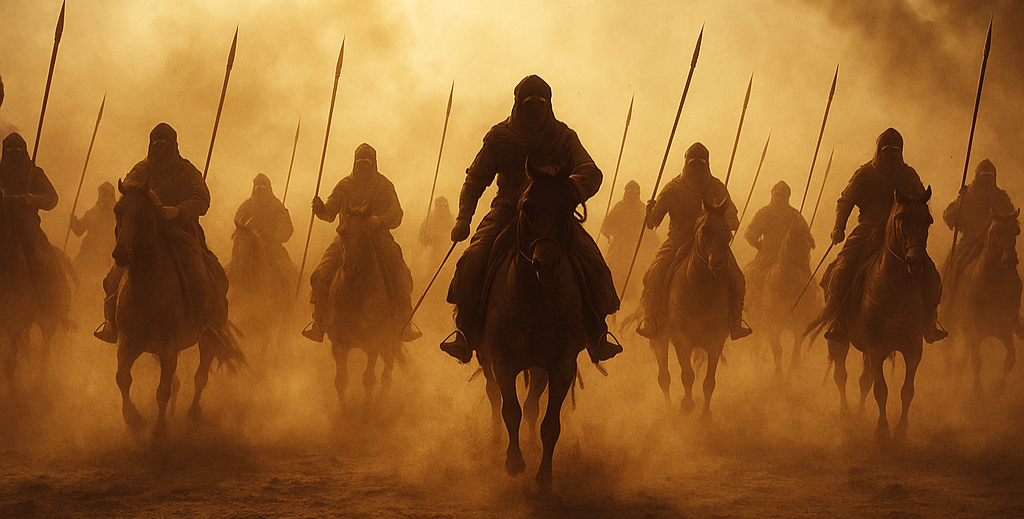In an era marked by ideological confusion and historical amnesia, it becomes essential to ask fundamental questions with clarity and precision. One such question, increasingly relevant yet frequently misunderstood, is: who is an invader?
Contrary to simplistic military definitions, an invader is not merely one who crosses geographical borders. Rather, an invader is one who threatens the cultural continuity and civilisational fabric of a people—those who do not seek to integrate or respect, but to supplant, dominate, or erase. True invasion lies in the intent to reconfigure a society’s inner life—its beliefs, values, customs, and sense of self.
India offers a civilisational counterpoint to this idea of forced imposition. For millennia, it has welcomed those who arrived not as conquerors but as seekers. The Parsis, practitioners of an ancient Iranian faith, stand as a luminous example. Fleeing religious persecution, they were granted refuge on Indian soil and, in return, lived as exemplary citizens. Their contributions to Indian society—in commerce, philanthropy, the arts, and public life—stand testament to what occurs when mutual respect undergirds coexistence.
This spirit of accommodation, however, has historically been tested. Not all who entered India's boundaries did so with benign intent. The Yavanas (Greeks), the Shakas (Scythians), and the Hunas (Huns) arrived not as guests, but as disruptors. Their incursions were not limited to the sword—they sought to assert their dominance over an ancient civilisational order. In doing so, they exemplified the archetype of the invader: one who arrives not to dwell in harmony, but to reshape or replace.
India, thus, has never rejected difference; it has rejected domination. The distinction between the guest and the aggressor has never been racial, religious, or ethnic—it has always been moral and civilisational. A land that has given sanctuary to Jews, Christians, Zoroastrians, and Buddhists fleeing persecution also remembers, with clarity, those who attempted to remake its soul through force.
To defend one's culture is not an act of exclusion—it is an act of remembrance and responsibility. As we move further into the 21st century, it is this civilisational discernment that we must recover: the ability to welcome without surrender, to host without erasure, and to live without forgetting who we are.





No comments yet. Be the first to comment!